I am not a doctor and am not suggesting to try any of these without talking to your doctor first. These are remedies that have worked for me that I’ve decided to share as a guide, not medical advice.
“That looks good, yup I’ll grab that and Oh yeah got to have that one!” That was what I was thinking to myself as a I went to pick out foods for my “cheat meal” about 5 years ago.
I was working out pretty heavily during that time and would eat well during the week and then on Saturday’s usually have a large cheat meal where I would just pig out and gorge on whatever I wanted.
On that specific day I grabbed candy and chips. I specifically remember that because right after I ate that meal I felt this weird pain in the left side of my stomach area that I had never felt before.
 I remember it because after having the meal I laid there in complete fatigue, weakness and agony. I thought I had just eaten too much but I remember it felt like I split my intestines with all the food I just had.
I remember it because after having the meal I laid there in complete fatigue, weakness and agony. I thought I had just eaten too much but I remember it felt like I split my intestines with all the food I just had.
Well that day was the first time I had felt an Irritable Bowel Syndrome (IBS) inflammation attack.
I moved to a new city, started a new job and life was good for a few weeks…However, I started to get severely stressed out with the demands at work, commute to and from the office, figuring out a new city, trying to make new friends and adjusting from college life to a full time job.
All of this started to add up and after about 2 months into living in the new city I started having these weird stomach pains like severe bloating, constipation and debilitating inflammation.
I had been able to eat fine my whole life and then all of the sudden bread irritated me and almost anything I ate caused serious inflammation in my gut.
At this point I couldn’t take it and nothing I did seemed to help so I went in to a doctor’s office to see what was going on.
It turned out that I am allergic to wheat.
The more I discovered about my gut issues with the bloating, gas and inflammation the more I realized what exactly was going on with my health, why it was happening and how to fix it.
Fast forward to today: I have a good idea of exactly what irritates me, how to keep my gut feeling mostly normal and am progressing towards healing myself more to be 100 percent healthy again.
My goal in this article is to give a guide on remedies that worked for me and might work for you.
The first step to reduce your bloating, gas, constipation, inflammation, distension, diarrhea and other gut issues:
- See a doctor
- This can be a more traditional doctor for gastrointestinal health just to get a first look at what’s going on with you
- You can also just go to a holistic doctor (my suggestion) because they typically focus more on healing IBS/IBD/Crohn’s Disease…etc
Every individual is unique and you need to find out exactly what’s going on with YOU. You can probably relate to my story in some ways but you need to discover your specific issues to then be able to face them and defeat them to have your gut healed.
Why Bloating, Gas, Abdominal Pain and Distension Happens
In order to fix something you have to understand what’s going on and what the cause is.
If not, it’ll be like trying to play a game of pool with a blind fold and earmuffs on. You may be able to hit some balls but chances are you probably won’t even be able to line yourself up to hit the cue ball.
Gut health is similar to this where you can just start trying different remedies and hoping they work. Which sometimes this is actually what you have to do because the gut is so complex but if you know why you’re having these issues it’ll be exponentially easier to heal.
One possible reason why the bloating, gas and gut issues happen:
SIBO
This stands for “Small Intestinal Bacteria Overgrowth.”
It happens when bacteria from your large intestine grow into your small intestine and that’s where everything starts to get messed up.
There was an article written by The World Journal of Gastroenterology that explains SIBO as the following:
“SIBO is defined as an increase in the number and/or alteration in the type of bacteria in the upper gastrointestinal tract.”
There’s bacteria in your gut and they make up your gut microbiome. There are tens of trillions of various microorganisms in your gut with nearly a 1,000 different species of bacteria.
Most of that bacteria is supposed to be located in your large intestine where they help break down food more and get rid of that waste.
However, this good bacteria can grow into your small intestine and cause SIBO.
There are multiple causes behind the initial onset of SIBO, that same article from before by The World Journal of Gastroenterology explains it as follows:
“Aetiology of SIBO is usually complex, associated with disorders of protective antibacterial mechanisms (e.g. achlorhydria, pancreatic exocrine insufficiency, immunodeficiency syndromes), anatomical abnormalities (e.g. small intestinal obstruction, diverticula, fistulae, surgical blind loop, previous ileo-caecal resections) and/or motility disorders (e.g. scleroderma, autonomic neuropathy in diabetes mellitus, post-radiation enteropathy, small intestinal pseudo-obstruction). In some patients more than one factor may be involved.”
That all basically says something went wrong in the body due to various reasons, therefore resulting in a small bacterial overgrowth (SIBO).
If those bacteria end up in your small intestine then they begin to ferment that undigested food. They are a particular fan of carbohydrates such as sugars, starches and alcohol.
When the fermentation process begins it then starts to produce hydrogen as a byproduct.
After that hydrogen is produced there are then other organisms in your gut that are fed by the hydrogen and then they produce methane as a byproduct.
When you have the bacterial overgrowth (SIBO) then hydrogen and methane are produced in your gut which causes the bloating, gas, abdominal pain, diarrhea, constipation, food intolerance, chronic fatigue, brain fog, vitamin deficiencies, leaky gut and more.
Do You Have SIBO?
Before you start taking antibiotics and trying to treat SIBO you have to test to see if you have it or not.
To discover if you have it or not there are a few ways but the best way is through a breath test.
Basically, you breath into a bag for a few seconds. Then you wait 20 minutes and do it again. Then you wait 30 minutes and do it again…etc. You do that process for about 3 hours with taking a small amount of sugars and carbs to activate the bacteria during that process.
You can get a home kit to test for it.
I actually did this not too long ago and mine came back negative. I was quite confused (and my doctor was too) because nearly all my signs point to SIBO. However, it may have been a false negative, because that does happen, so I plan to retake it.
If we just started trying to treat me for SIBO with antibiotics and other remedies then it may have done more damage then good if I truly don’t have SIBO.
However, we’re still treating what I have in similar ways as SIBO because they’re so closely related. I’m not doing the antibiotics but I am following nearly every other remedy to treat and cure my gut issues; which will be explained later in this post.
So first step for this is to get a test for it.
If you do have SIBO you can treat it in a few ways:
- Starve the bacteria
- First start with reducing the carbohydrates that it can feed on
- To start as soon as possible for this you can begin with the Low FODMAP diet (which stands for Fermentable Oligosaccharides, Disaccharides, Monosaccharides and Polysaccharides)
- This will be explained later in this post
- First start with reducing the carbohydrates that it can feed on
- Destroy the bacteria
- To then get rid of the bacteria you have to know what type you have and then you can take the correct antibiotics for it
- Diarrhea
- One of the most common antibiotics to get rid of this type of overgrowth is to take Xifaxan (Rifaximin) (1)
- Constipation
- A common antibiotic for this type of overgrowth is to use Neomyacin
- Restore the good bacteria
- After everything bad has been cleared out then the next step is to put good bacteria back in
- Probiotics are used for this, however they have to be the right probiotics so talk with your doctor about which to go with
With all of this you should be talking to your doctor to help you determine what you need to get through this.
What I’m going to explain next are remedies to help alleviate the bloating, gas, abdominal pain, constipation, diarrhea and more gut issues. However, the following remedies I’m going to explain are only band-aids for the underlying problems that exist in your gut.
Note: SIBO may not always be the reason people have IBS. There are many reasons but SIBO is one of the most common.
Let’s now look into some of those remedies that have worked for me, thousands of others and may work for you; but before trying any of these please speak with your doctor first.
1. Gluten Free Diet
This has been a popular phrase thrown around the past several years and with good reason.

We hear about it in the media, online and from our friend who’s recently cut out gluten.
I have been going gluten free for quite a while now and definitely put this as the #1 helper for getting my gut to feel better.
I used to have horrible inflammation in my gut, bloating, constipation, constant headaches, fatigue, brain fog and just felt awful all the time.
But when I cut out gluten the headaches went completely away, inflammation went down (not totally gone but significantly lowered) and my focus started coming back.
There’s a lot you can do for your digestive system for feeling normal again but if gluten is an issue for you, then it all starts with eliminating it from your diet because if you don’t get rid of it then none of the other remedies listed below will be of much use.
If you know gluten is an issue then just start small by cutting out some bread here and there. I know, that’s the worst, and hardest, part because bread is literally all over the place in every restaurant; and let’s be real…it tastes GREAT!
But if you can just start small by cutting out some bread here and there and see how you feel, I’ll bet you be leaning more towards going gluten free (as crappy as it is still to this day to not eat restaurant bread it is way WORTH it to feel normal again).
If you’re looking for a good starting point for gluten free recipes, then check out the book Eat Happy: Gluten Free, Grain Free, Low Carb Recipes Made from Real Foods For A Joyful Life by Anna Vocino. The book has 154 recipes that you can make which contains all kinds of foods that are gluten free and with low sugar!
What is gluten?
Gluten is a family of proteins found in certain carbohydrates such as grains and starches like wheat, rye, barley and more.
Gluten can create the stickiness and rise of bread that also gives it a satisfying texture and flavor.
Why is it a problem?
It’s a problem for people with gluten sensitivity, wheat allergies, celiac disease and other intolerance to gluten.
In a normally working digestive system, gluten isn’t an issue at all. The body takes it in and processes it regularly.
However, in a system that has one of these issues to gluten the body doesn’t function quite right.
For example, in an individual with a wheat allergy he or she will have an allergic reaction to wheat flour. That could range from just a bloated stomach to life-threatening issues.
For me, I have an intolerance and a slight wheat allergy. When I eat anything with gluten and wheat my stomach immediately bloats up and it feels as though I just ate a handful of glass shards and that agonizing pain doesn’t subside for the rest of the day and typically continues for a few days.
I do still eat little bits of gluten here and there but I stay away from bread. However, there is gluten free bread out there and one I’m a fan of is Schar gluten free bread.
When I do eat gluten I make sure to use plenty of digestive enzymes to help with it. When I started using digestive enzymes (Kirkman’s digestive enzyme, this is the one I use and my personal recommendation) I immediately saw and felt better every meal. Now, I rarely eat a meal without taking a pill or two of digestive enzyme because they make me feel so much better with the added digestion of food.
The Benefits of Gluten Free with IBS
I’ve personally seen such an impact of going gluten free in my own life I always urge those with digestive issues or chronic fatigue to try going gluten free to see how it makes them feel.
But besides just my own experience there have been several studies that show eating a gluten free diet helps significantly reduce IBS symptoms.
In one study by the Academic Department of Gastroenterology, Royal Hallamshire Hospital, they had 41 patients with IBS and put them on a gluten free diet for 6 weeks.
These were the results:
A 6-week GFD reduced IBS Symptom Severity Score by ≥50 points in 29 patients overall (71%). The mean total IBS Symptom Severity Score decreased from 286 before the diet to 131 points after 6 weeks on the diet.
Twenty-one of the 29 subjects with a clinical response (72%) planned to continue the GFD long term; 18 months after the study they were still on a GFD, with maintained symptom reductions, and demonstrated similar anthropometric and biochemical features compared with baseline.
- by Academic Department of Gastroenterology, Royal Hallamshire Hospital, Sheffield Teaching Hospitals, Sheffield, United Kingdom. Electronic address: [email protected].
- https://www.ncbi.nlm.nih.gov/pubmed/26748221
That shows that 29 (71%) out of the 41 of patients in this trial had an increased effect of going gluten free!! And out of those 29 patients 72% of them were still gluten free after 18 months.
Now isn’t it worth finding out for yourself if going gluten free could significantly help your overall health, happiness and quality of life?
2. Low FODMAP
If you ever mention this in conversation you’ll immediately get a questionable look and asked to repeat what you just said! Whenever I tell people I’m adhering to the low FODMAP diet and explain what it means their eyes glaze over but then I explain it.
Low FODMAP is an acronym that stands for Low Fermentable Oligosaccharides Disaccharides Monosaccharides and Polyols.
Those are all various carbohydrates that can cause the bloating, gas, inflammation and intestinal issues.
There are certain foods that are listed high on the FODMAP scale that can cause those gut irritations for people who’ve been diagnosed with IBS.
By following a low FODMAP diet you can reduce some of the bloating and IBS gastrointestinal issues that you may be experiencing. Not only has following this diet personally helped me but there’s numerous studies that have been done to prove this.
There was one study done by The Whiteley-Martin Research Centre that took people with IBS and gastrointestinal disorders and tested the FODMAP diet, they showed that it significantly helped!
Check out the quote below from the study and their findings:
There was a significant decrease in IBS SSS scores for those individuals on a low FODMAP diet.
Further, following a low FODMAP diet was found to significantly reduce symptom severity for abdominal pain (OR 1.81, 95 % CI 1.13-2.88; I (2) = 0.00, p = 0.56), bloating (OR 1.75, 95 % CI 1.07-2.87; I (2) = 0.00, p = 0.45) and overall symptoms (OR 1.81, 95 % CI 1.11-2.95; I (2) = 0.00, p = 0.4)
The present meta-analysis supports the efficacy of a low FODMAP diet in the treatment of functional gastrointestinal symptoms.
Also, Monash University has done incredible work on identifying foods that are higher and lower on the FODMAP scale. They have an app that lays out exactly what are good to eat and what aren’t.

However, I’ve found that some they give the “green light” to actually irritate me and some they have the “red light” to don’t agitate me. But just see what works for you, they have a good foundation and excellent research done on the FODMAP diet.
Some foods that are higher on the FODMAP scale are:
- Wheat
- Garlic
- Onions
- Certain fruits (such as pears, apples, mangoes)
- Cauliflower
- Kidney beans
- Split peas
Some foods that are lower on the FODMAP scale are:
- Rice noodles
- Oranges
- Starfruit
- Eggplant
- Cucumber
- Meats
When my stomach first started bugging me I was confused why. After a while I started cutting bread out but it still didn’t help. Now, knowing about the FODMAP diet I completely get why just cutting out gluten didn’t do the trick. Once I significantly reduced my intake of higher FODMAP foods I immediately saw results and knew there was something behind this.
If you’re looking to get started on it but don’t know where to begin, there’s a book called The Complete Low-FODMAP Diet: A Revolutionary Plan for Managing IBS and Other Digestive Disorders that explains more about the diet, what it is, how it can help and where to begin!
You don’t have to follow the diet forever, it’s done in segments to figure out exactly what foods irritate you and then keep those foods as low as possible until you get yourself healed.
The Low FODMAP diet has helped me and I hope it can do the same for you.
3. Intermittent Fasting
I’ve done numerous articles on intermittent fasting and all it’s done for me and what the possible benefits are.
 If you don’t know much about intermittent fasting then you can check out the article here that I wrote on the complete guide to intermittent fasting.
If you don’t know much about intermittent fasting then you can check out the article here that I wrote on the complete guide to intermittent fasting.
Ok, so let’s assume now you know about intermittent fasting and all it’s wonderful benefits.
I list this here on the IBS relief article post because when I started doing intermittent fasting I also noticed an impressive reduction in some of my digestion issues.
The one obvious reason why intermittent fasting helps with IBS is because you just don’t digest food as much as you would if you were eating all throughout the day.
Standard 16:8 intermittent fasting says that you skip eating anything before noon. Literally, you’ll have nothing in your stomach to digest therefore you won’t have as much bloating, irritation or gut issues.
I haven’t found very good studies on intermittent fasting for IBS yet and by no means is it a perfect fix for it. But this is one of those I wanted to put in here because I’ve personally seen improvements and found it may work for others.
4. Activated Coconut Charcoal Powder
This is my secret weapon to fighting IBS irritations! Seriously. This bad boy does the trick and takes it home for me.
But again, it’s not perfect. Most of these remedies listed help but figuring out the reason why and then getting your gut healed should be the focus. But for just a “band-aid” effect, activated coconut charcoal is fantastic!
What is it?
Activated coconut charcoal powder is derived from coconut shells. Manufacturers heat charcoal with the presence of gas that causes that charcoal to develop internal spaces. One of it’s main uses is to absorb and treat poison that’s been consumed. However, it is widely regarded to help reduce gas and bloating as well.
In one study, they did two clinical trials on people in the United States and people in India. They were using hydrogen levels to determine the amount of gas produced in the colon. Their results show that taking activated charcoal has helped with reducing intestinal gas!
activated charcoal significantly (p less than 0.05) reduced breath hydrogen levels in both the population groups. Symptoms of bloating and abdominal cramps attributable to gaseousness were also significantly reduced in both groups by activated charcoal.
Now, there have been conflicting studies of how well this actually works for reducing gas. I always want to keep it real and honest with you so I’m not going to beat around the bush.
However, for me at least, I found that the best use of this is in the morning when I’m fasted and haven’t eaten anything. I find that the combination of putting a scoop of activated coconut charcoal in water while being fasted just helped my overall gut feel stronger, more stable and less bloated.
So it may not work 100 percent of the time for you but I’ve found this to significantly help me at least a majority of the time to where I will still do it once and a while if my stomach is real bad in the morning.
Although I do try to stay away from doing it every day because it’s not an ingredient that contains overwhelming micro-nutrient benefits or anything overall positive; I shy away from consuming things like that too much.
Also, be sure to not take it when taking medications because it can absorb the potency of those medications or supplements. I will repeat this again because you have to be strategic with when you take this. It can absorb supplements or medications you take within an hour or two of ingesting it. So please, if you’re going to use it, use it wisely.
But it’s always worth a shot to see if it could help you, after talking to your doctor – of course.
My favorite is by Life Country, it comes in a powder form and you just take a small scoop and put it in some water, stir and drink up! However, it is VERY MESSY so be careful with it or it will go everywhere and cause a dark smudge.
Another one I like to keep around is the Bulletproof coconut charcoal in pill form. This product comes in pill form and is easier to carry around and have on you if you can’t do the scoop into water powder.
I prefer the powder you dump into water because I think it works better, from my experience. But the pill form is good to if you need to keep it in your bag for some reason.
I hope one or all of these may help you and am curious of your thoughts so please leave a comment below if you agree or disagree with any of the remedies I listed.
Thank you!
Disclaimers
I am not a doctor and do not recommend anything on this site, or blog post, for anyone without consulting with their doctor first.
There are affiliate links in this post where I’ll get a paid fee if you purchase something from that link.



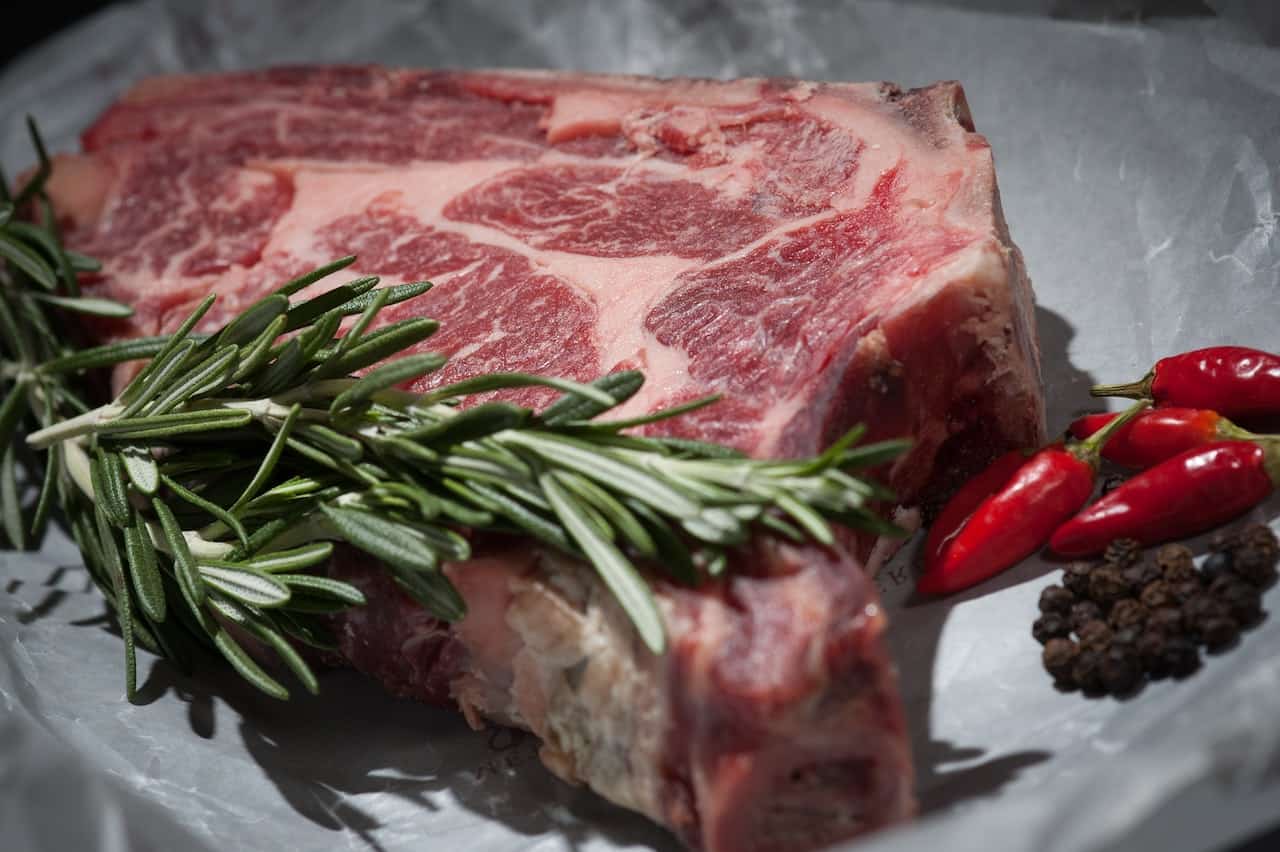
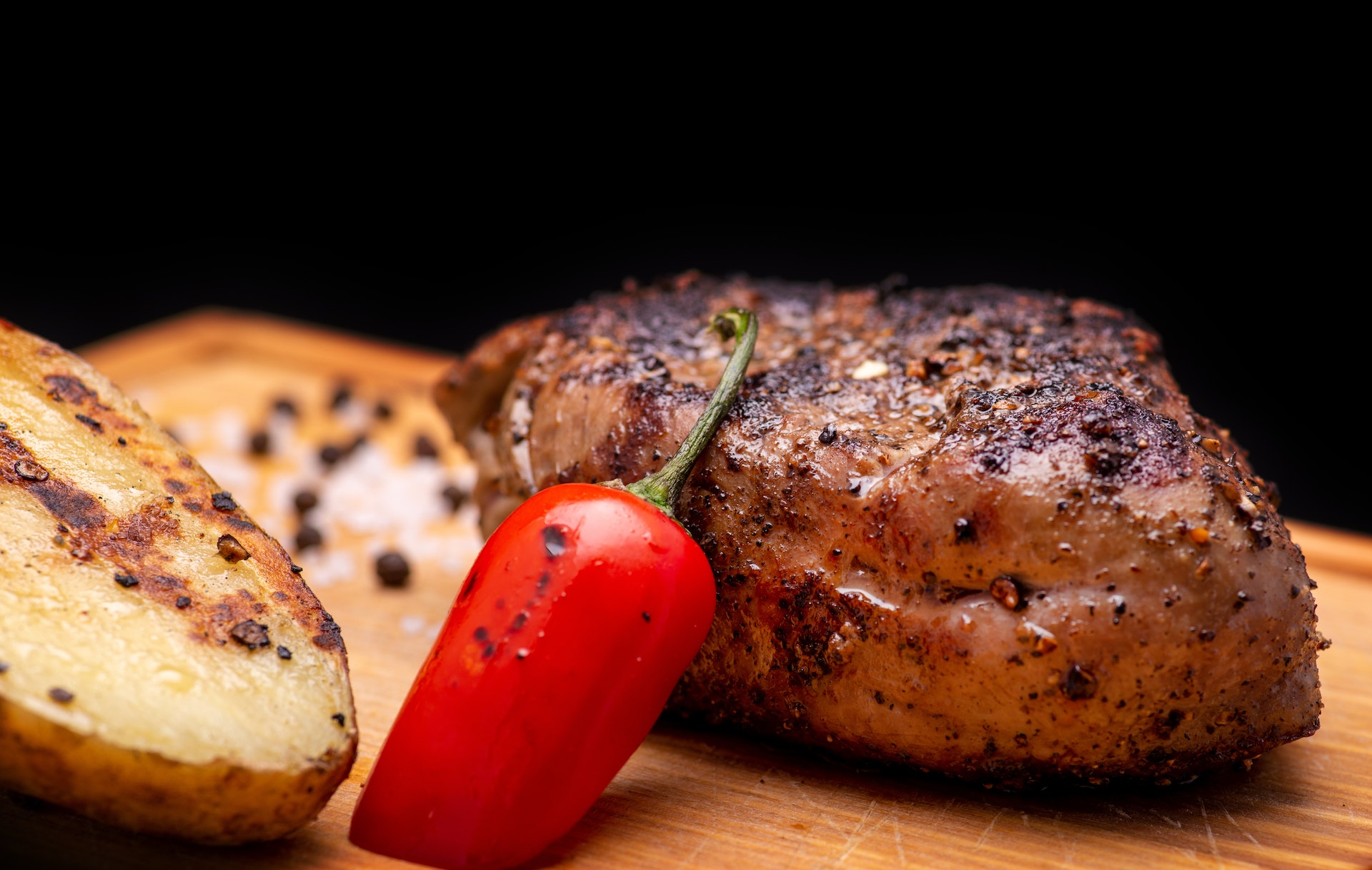
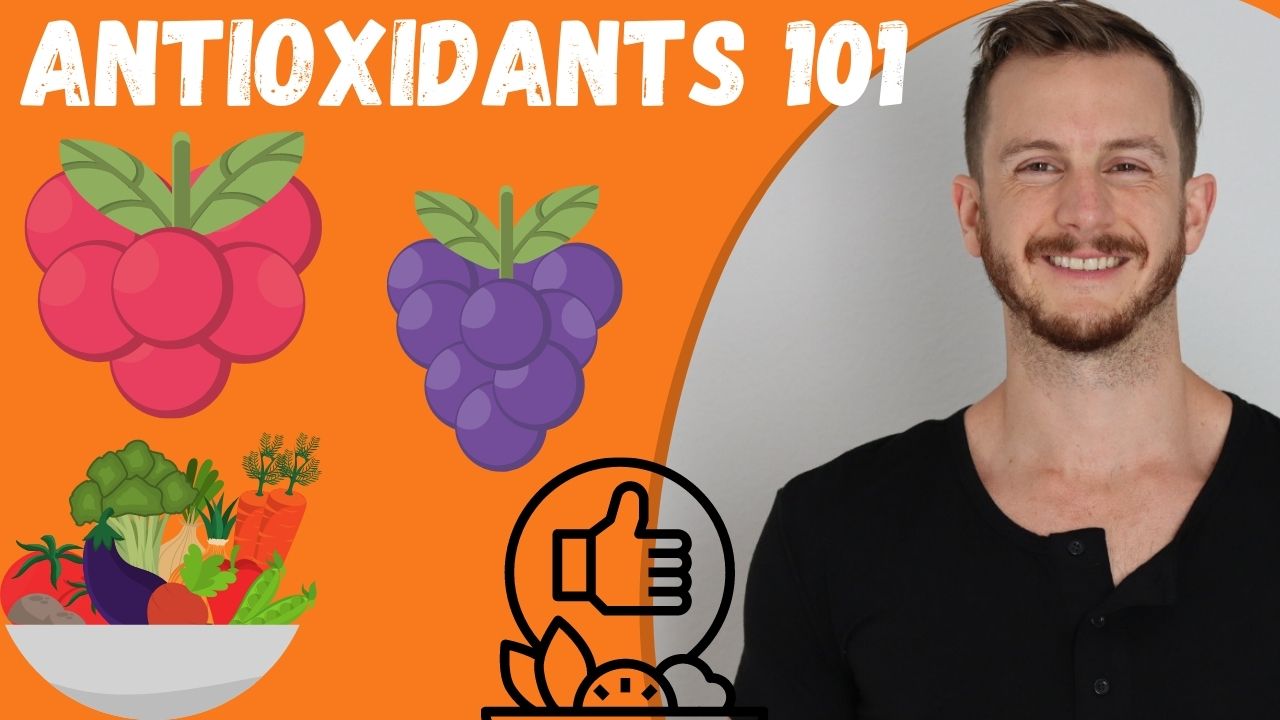
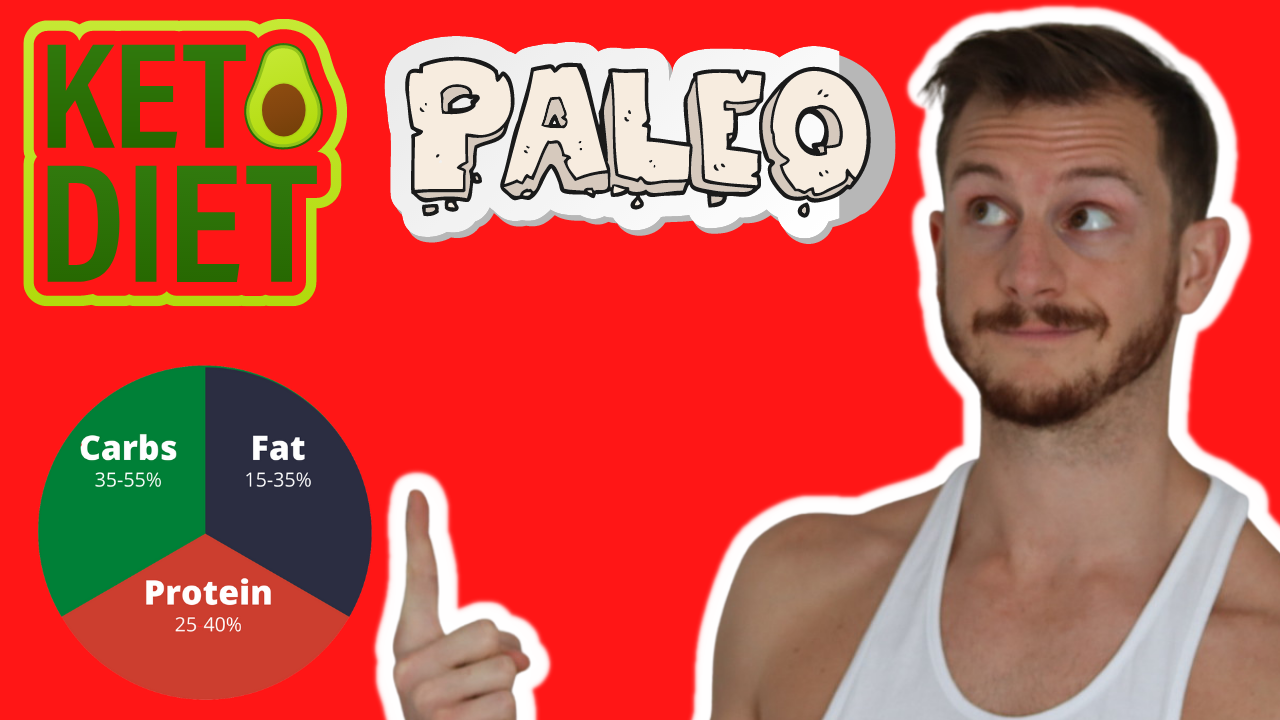

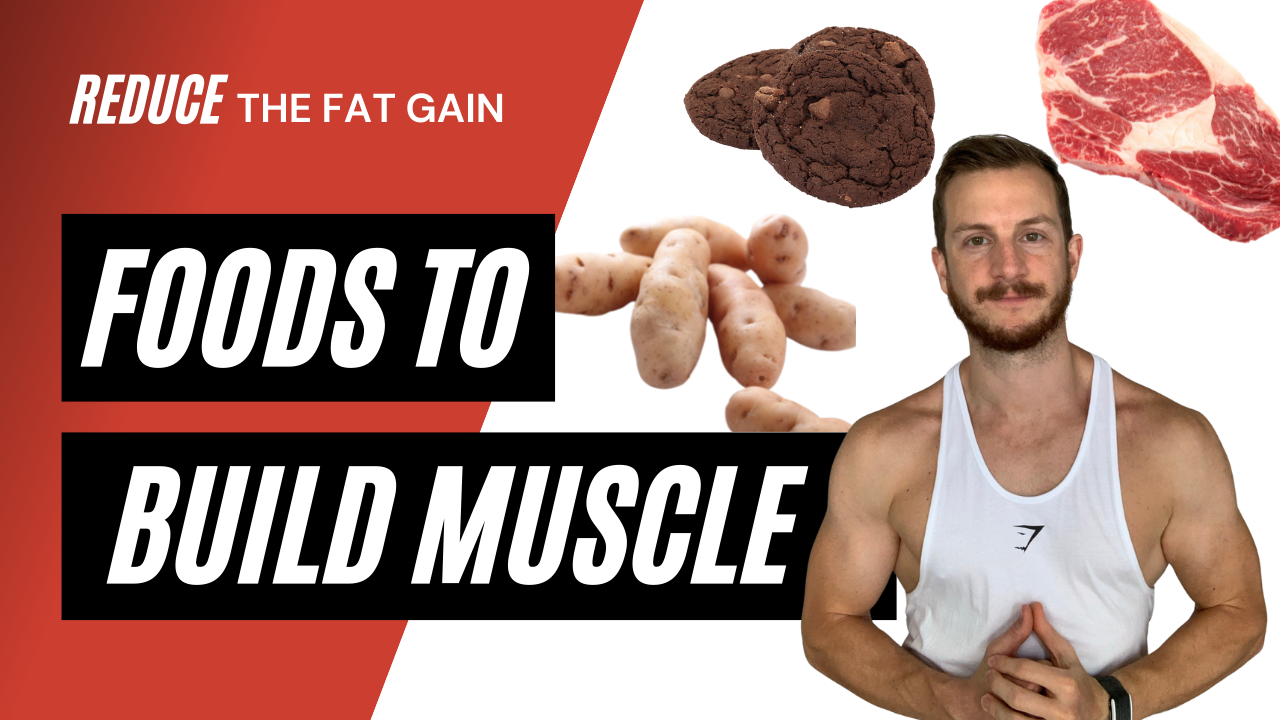
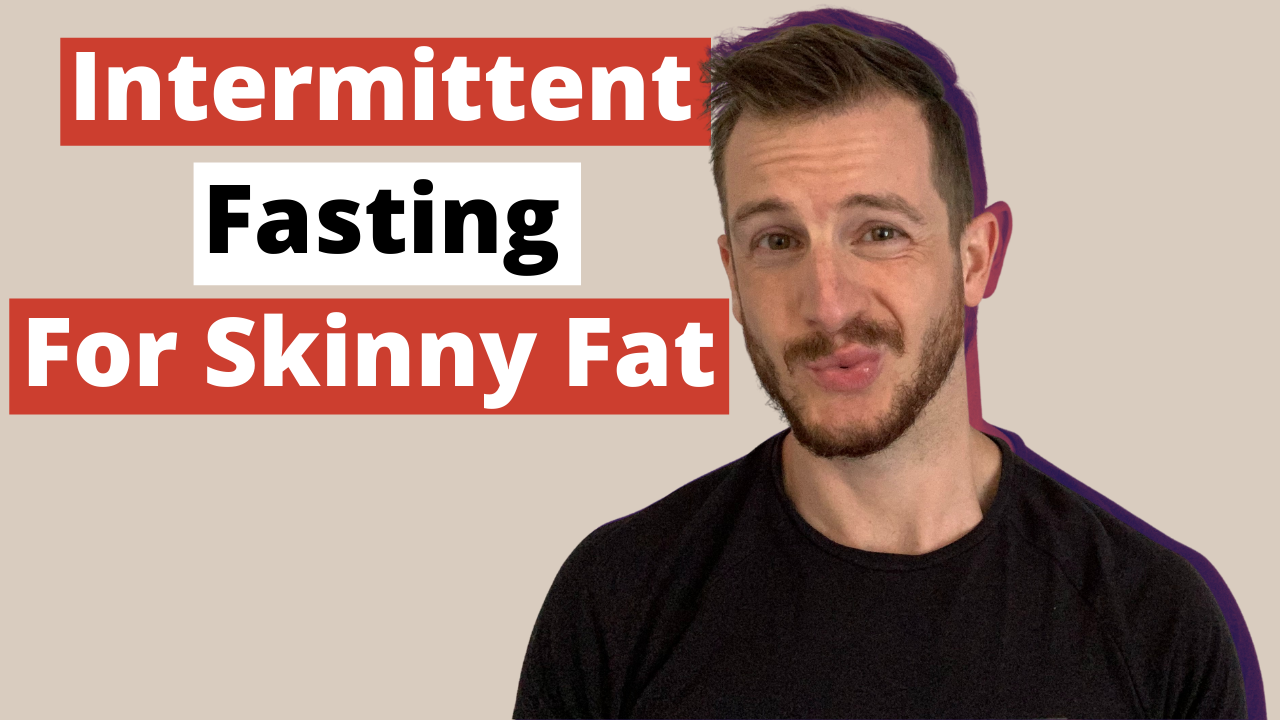

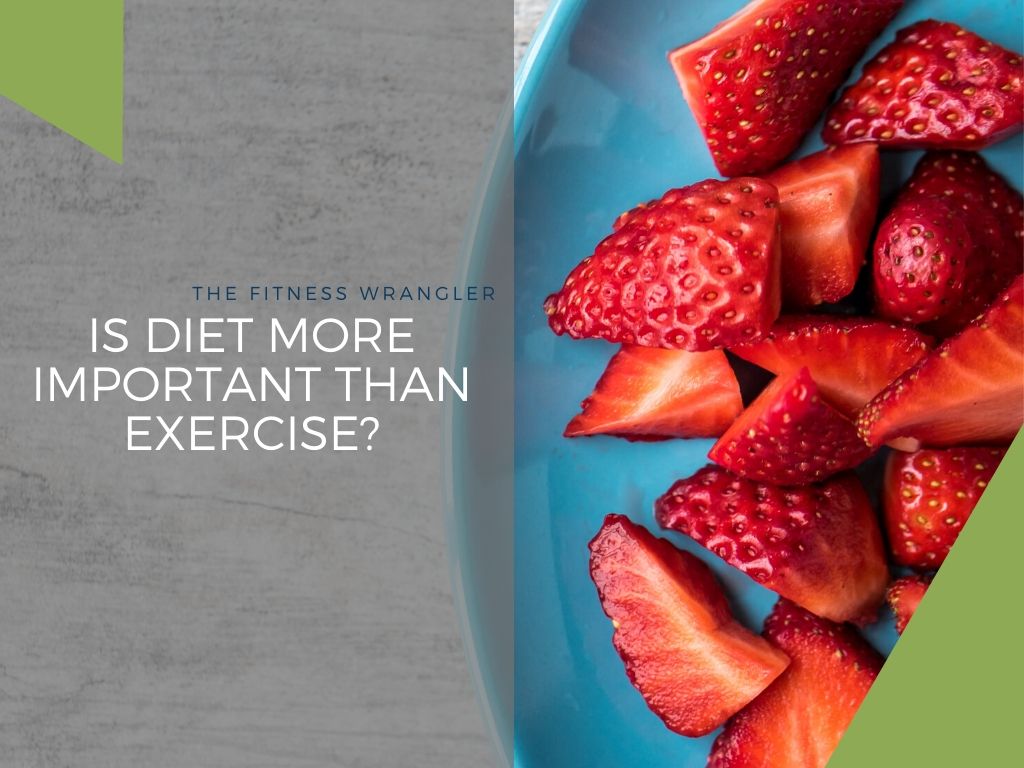
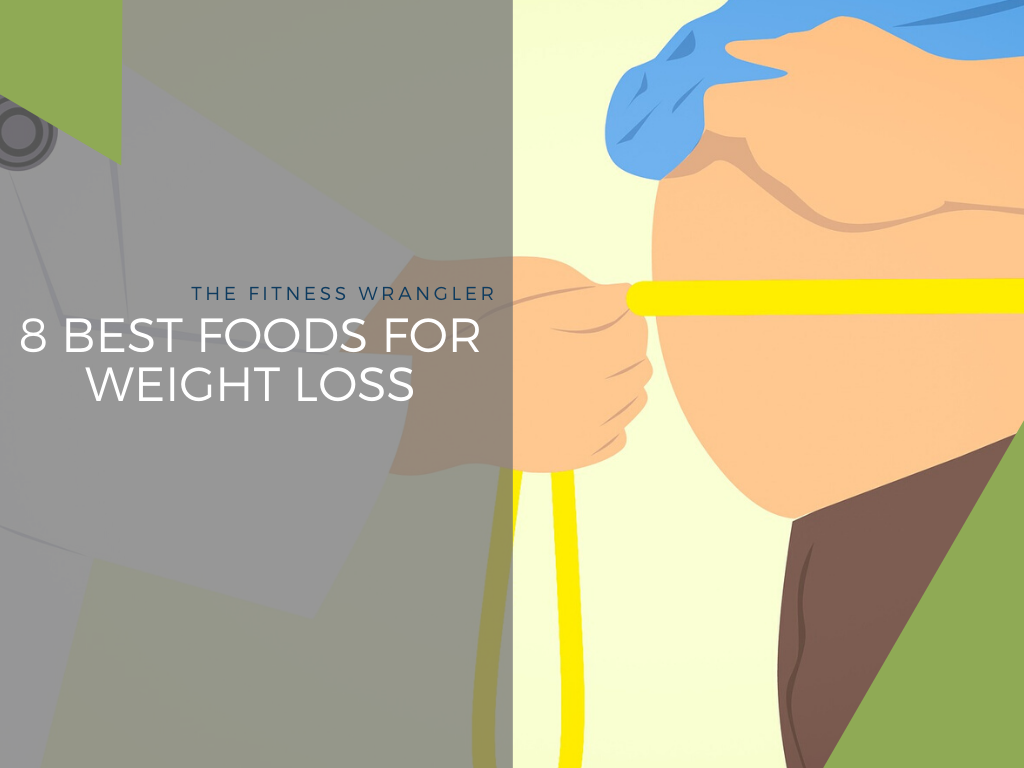
Leave A Comment